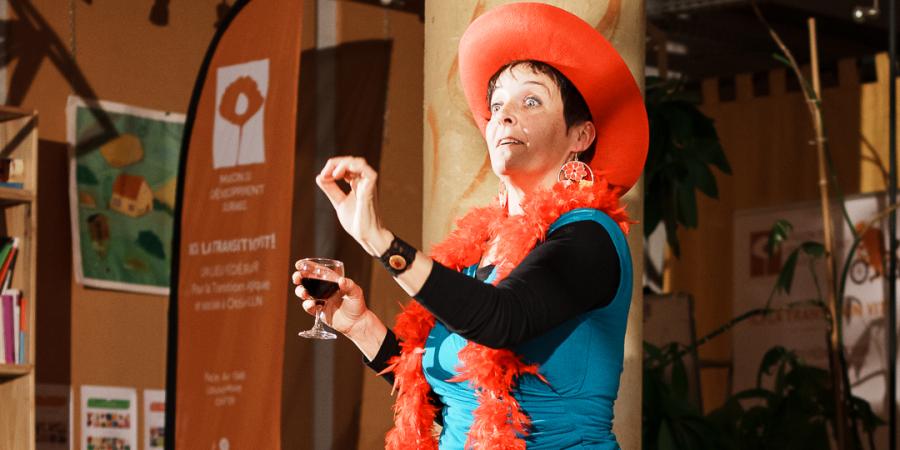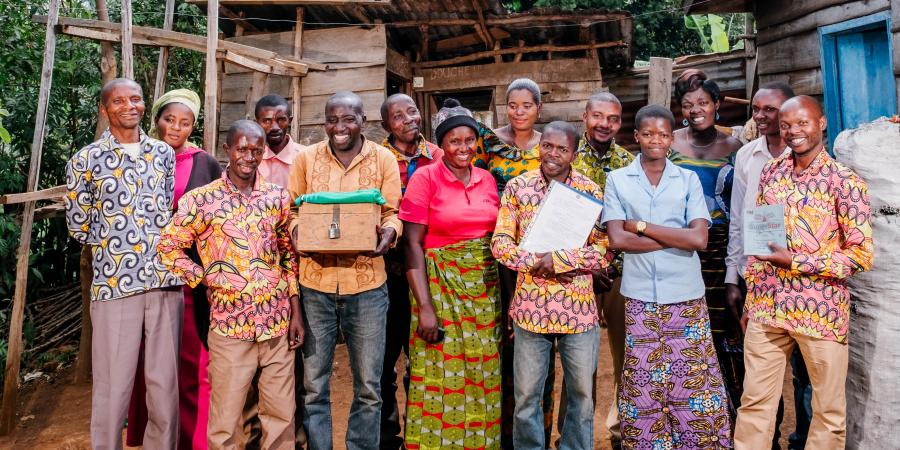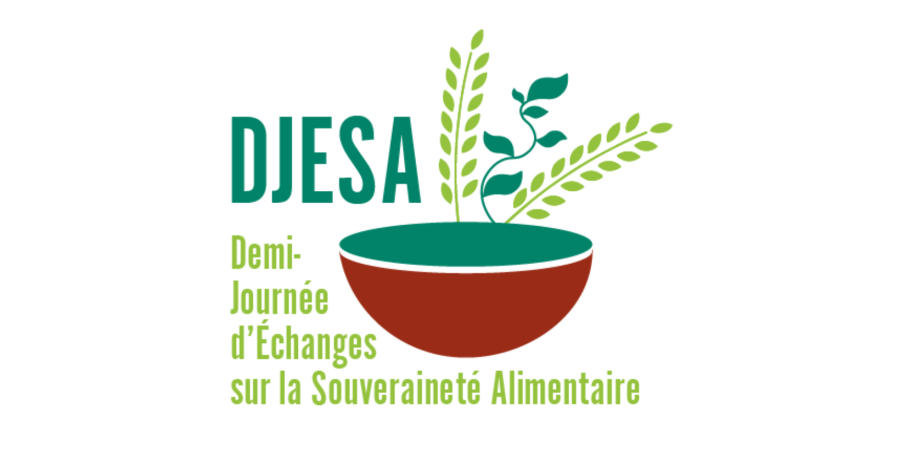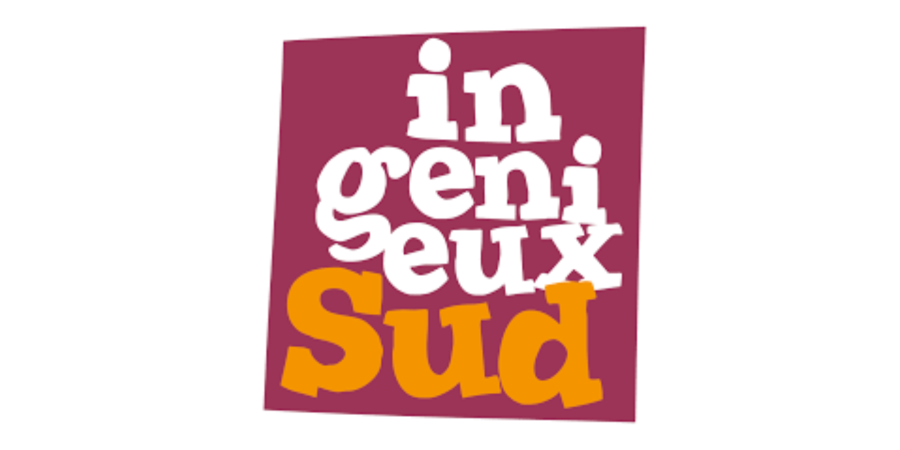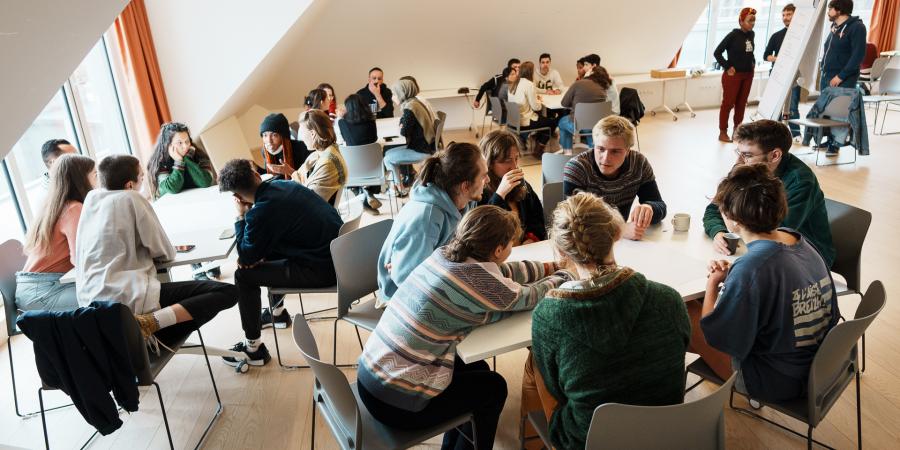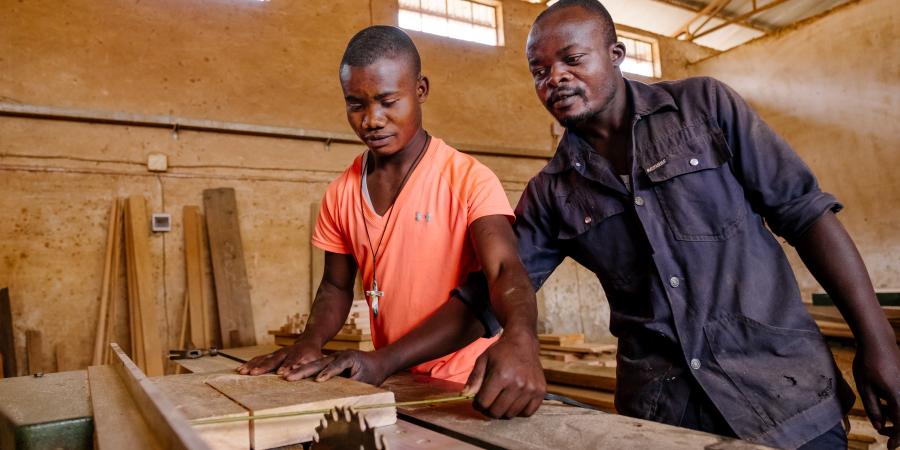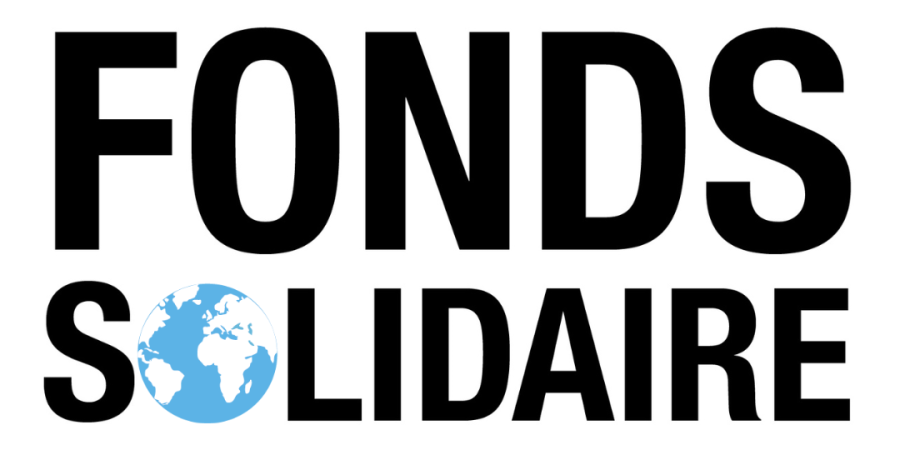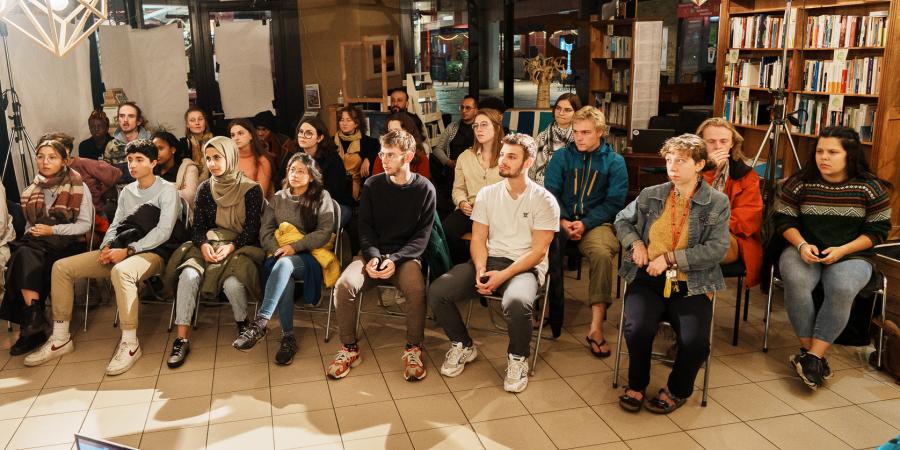
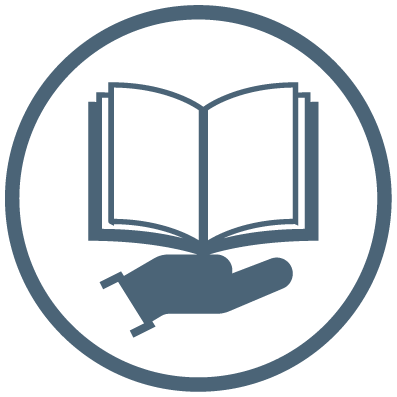
Systèmes Éducatifs
Transformer les Systèmes Éducatifs
Louvain Coopération agit pour construire des systèmes éducatifs inclusifs et équitables, et en faire des leviers d’émancipation, de justice sociale et de reconnaissance de la diversité des savoirs, notamment ceux issus des Suds et des diasporas.
Ces systèmes rassemblent les institutions, les politiques, les acteurs et les pratiques qui organisent l’apprentissage au sein d’une société. Ils incluent l’enseignement formel (primaire, secondaire, supérieur) ainsi que des structures informelles et alternatives telles que les universités populaires, l’éducation communautaire ou encore les apprentissages autonomes.
L’éducation est pensée comme un outil de conscientisation, de solidarité, de réparation et de transition vers des sociétés plus justes et durables.
Éducation formelle, informelle, permanente…
Le développement de systèmes éducatifs inclusifs et équitables nécessite de prendre en compte toute une série de facteurs, d’activités et d’acteurs. Notre travail se concentre sur plusieurs de ces facteurs :
- Éducation formelle
- Éducation informelle
- Education non formelle
- Éducation populaire/permanente
- Éducation critique/alternative
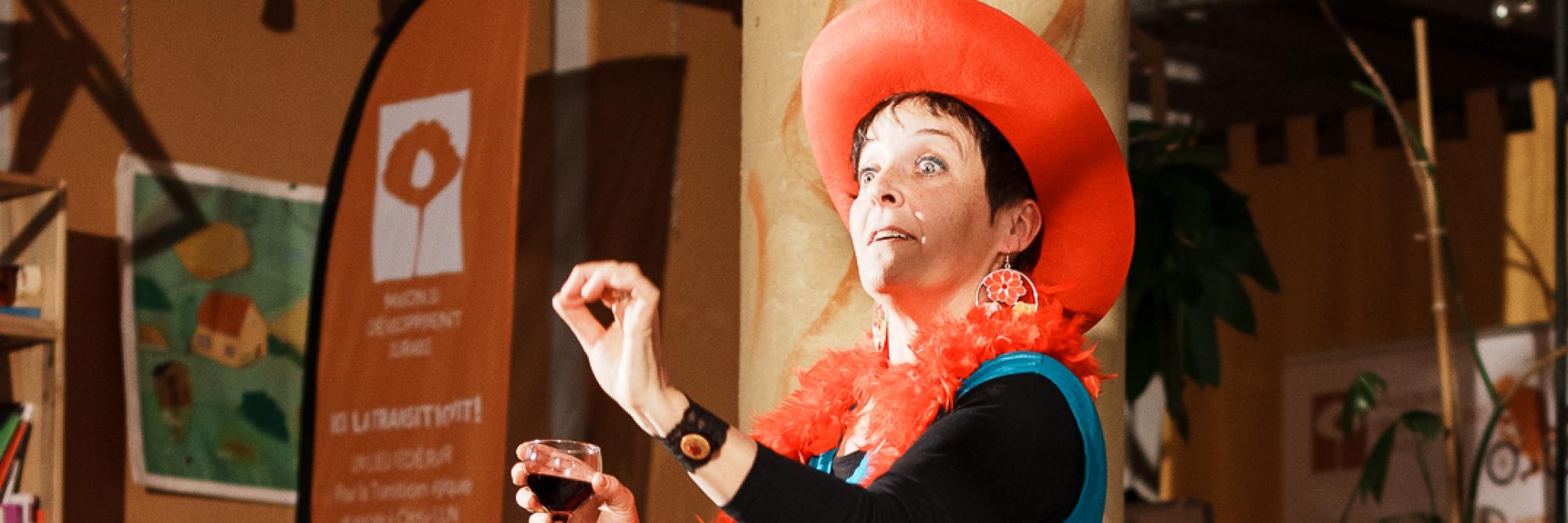
Education à la Citoyenneté Mondiale et solidaire
The ‘Ethical and Emotional Challenges’ seminar gives doctoral students the opportunity to reflect on the emotional aspects of their research through theatrical activities.
Are you a researcher facing ethical or emotional dilemmas in your fieldwork? This seminar invites you to think about these issues. It draws on readings and personal accounts to explore how to navigate ethical and emotional challenges in relations with the populations studied and field partners.
The course covers fieldwork in both the North and South, is tailored to each profile and is aimed at researchers using qualitative or mixed methods, with or without field experience.

ECMS hors cursus
Campus in Action is a dynamic, participatory training weekend organised every year in November for students at French-speaking Belgian universities. The aim of this unique event is to bring together students who are committed to or want to get involved in social, environmental and political issues, by raising their awareness of crucial themes that change every year.
The weekend is designed to be both a theoretical training course and a space for creative collaboration. In addition to lectures, interactive workshops and debates led by experts and activists from a variety of backgrounds, students work together to create an awareness-raising tool that they can deploy on their respective campuses.
Campus in Action not only enriches students' knowledge of key issues, but also equips them to become agents of change on their campuses, while strengthening solidarity networks between universities.
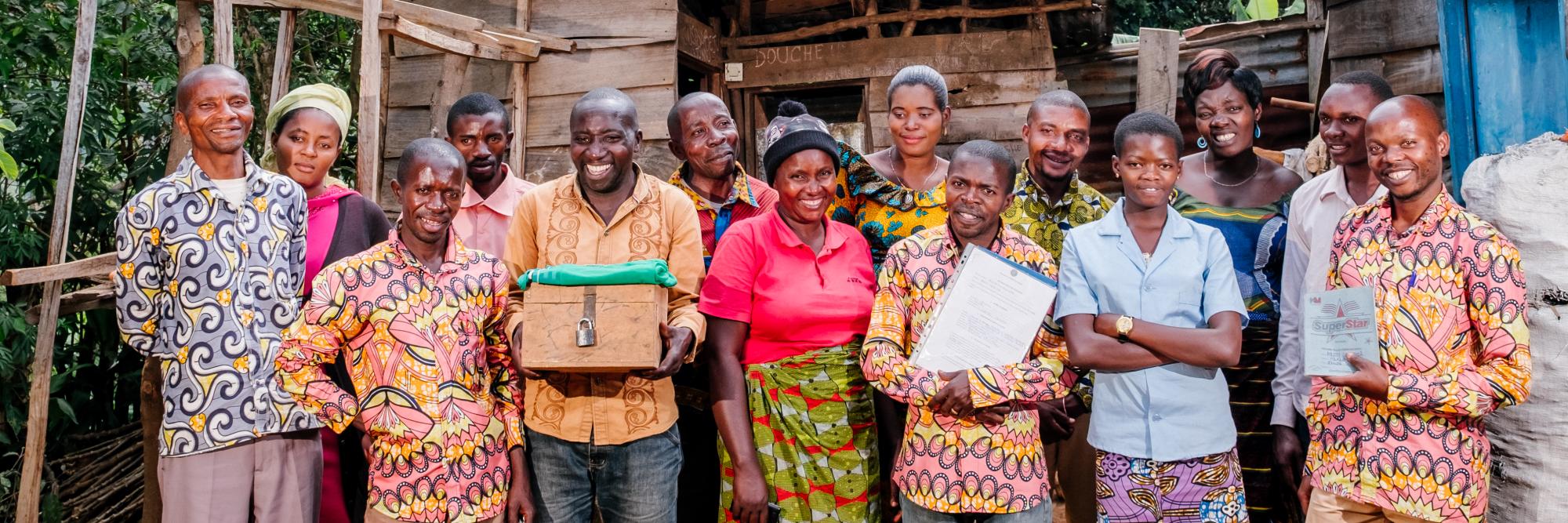
RDC
Our goal: Support the implementation of relevant and effective actions by civil society organisations (CSOs) by facilitating local initiatives in the fields of governance, peace and security, human development and sustainable development.
To achieve this, we work with our local partners to support local CSOs by funding projects in rural and peri-urban areas.
We are developing local support for local CSOs, in particular through a national Local Initiatives Support Office (GAL) and a pool of local consultants.
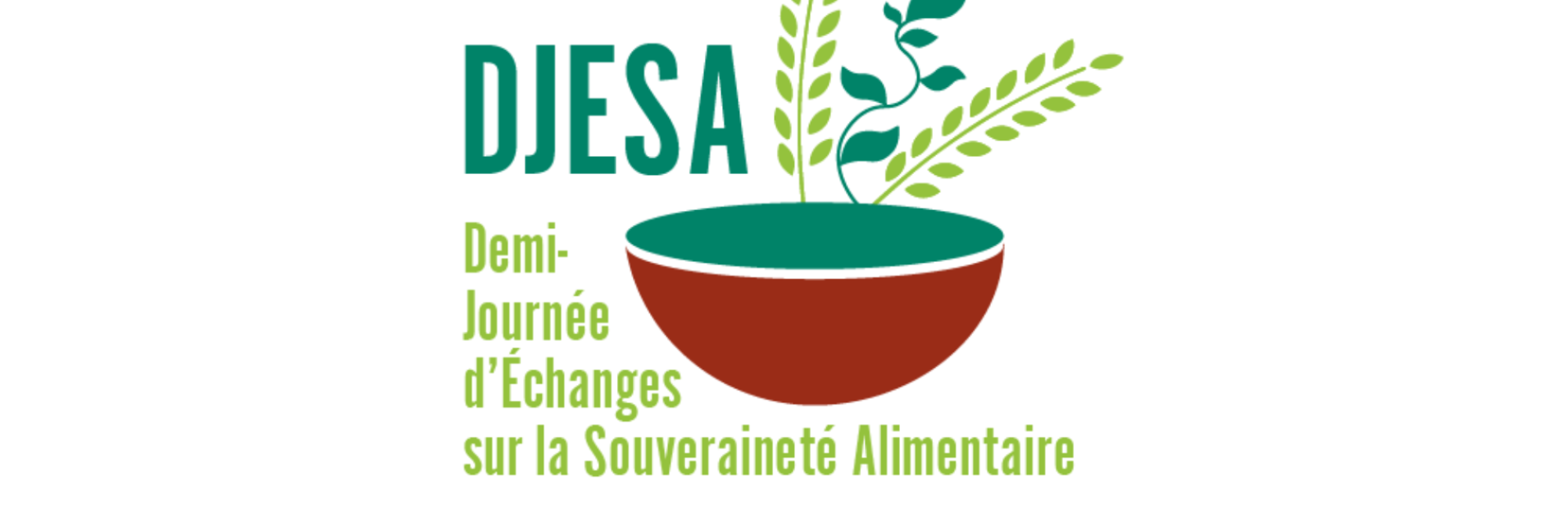
Education à la Citoyenneté Mondiale et solidaire
DJESA is a series of half-day discussions on food sovereignty, organised by the Uni4Coop consortium (Eclosio, FUCID, Louvain Coopération, ULB-Coopération), Humundi and Vétérinaires Sans Frontières, on various French-speaking campuses in Belgium.
By combining cultural events (plays, films, dance, etc.) and in-depth workshops in sub-groups led by experts in the field or from the voluntary sector, DJESA helps students from all backgrounds to gain a better understanding of today's food systems so that they can envisage other models for tomorrow! This gives them the opportunity to step outside the academic framework, debate, adopt new perspectives and imagine alternatives to meet the challenges of access to land, globalisation and agricultural policies, in order to support the development of healthy, humane and sustainable agriculture.
Burundi
Our aim is to develop sustainable and equitable food and farming systems through an integrated approach that also supports entrepreneurial initiatives, particularly for young people and women.
To achieve this, we work with our local partners to bring together small-scale producers within farming organisations and support their structuring to facilitate access to markets and inputs. In terms of learning, agricultural and non-agricultural entrepreneurs are supported in developing and managing their businesses (drawing up business plans, management tools, etc.). Producers also have access to training to encourage a transition to agro-ecology and diversification of agricultural production. Agricultural support services to improve access to seeds, fertilisers, financing, etc. have been set up, as well as small units for processing agricultural products.
Partner : CUFORE
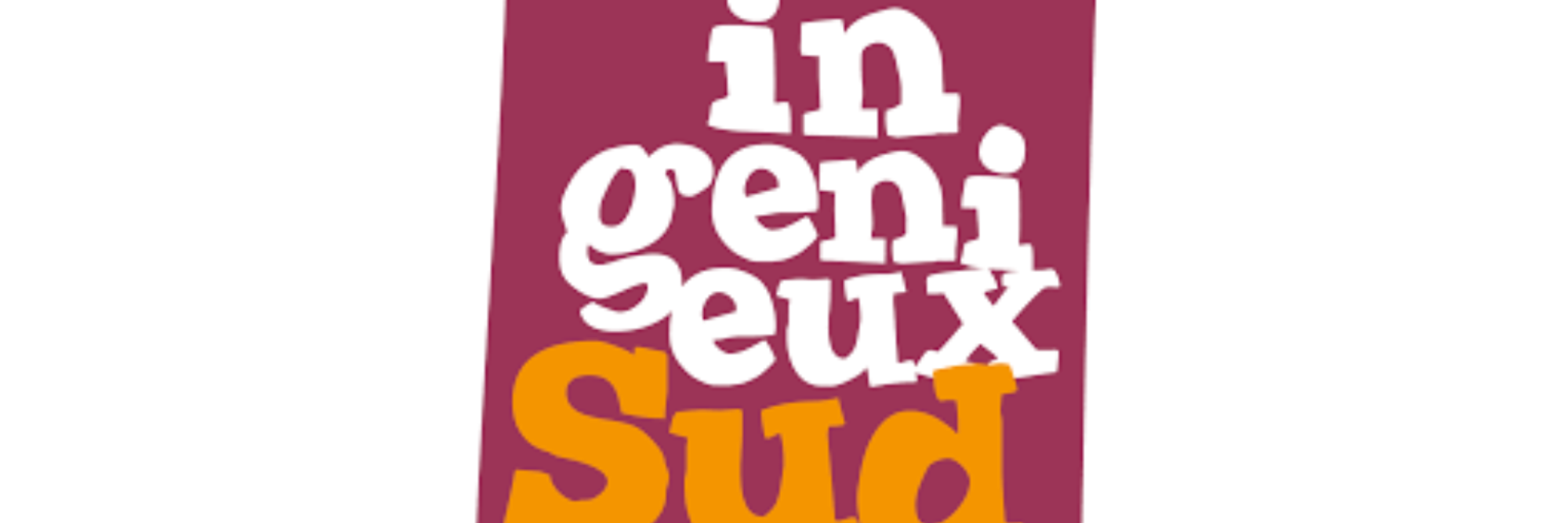
Education à la Citoyenneté Mondiale et solidaire
IngénieuxSud est un cours-projet interdisciplinaire mené conjointement par Louvain Coopération et l’UCLouvain. C'est une aventure humaine et technique qui permet chaque année à des étudiants de l’UClouvain et d’universités de pays du Sud de collaborer sur un projet concret. Chaque année, 200 étudiants du Nord et du Sud prennent part au programme.
Pendant une année académique, ces étudiants planchent sur des problématiques techniques identifiées par des associations, des PME ou encore des communautés rurales du Sud.
Ce projet vise à former les étudiants à aborder des projets académiques ou professionnels futurs de manière systémique, en tenant compte de paramètres sociétaux et environnementaux. Dès lors, il permet aux étudiants de se confronter à une première expérience d’ingénierie grandeur nature mais aussi de se préparer à leur rôle de citoyens responsables, sensibilisés à l’éthique et à la solidarité.

ECMS hors cursus
Our interactive courses are designed to respond to the concrete concerns and questions that young people have about major contemporary issues. Each course is designed around a specific question posed by the group of participants, making the course directly relevant and adapted to their realities. Based on this question, we organise a participative learning space where young people are actively involved in the process of reflection and exchange.
The themes addressed during these courses are varied. Whether exploring issues related to decolonisation, ecological transition processes, gender inequality or political advocacy tools, each course aims to provide keys to understanding while strengthening young people's capacity for action.
Our courses are not limited to theoretical learning. They are also spaces where young people can co-create concrete solutions, exchange innovative ideas and develop strategies to make their voices heard in public or political spheres.
ECMS hors cursus
Louvain Coopération opens its doors to students wishing to immerse themselves in the international solidarity sector, offering them rewarding and formative internship opportunities. Whether it's their first professional experience or a chance to deepen their understanding of global issues, interns have the chance to see first-hand how an NGO active in a variety of fields works.
In addition to internships, Louvain Coopération offers specific support to students wishing to write a thesis on themes related to its activities, whether in the North or the Global South. This support gives students access to valuable resources and field data, while benefiting from the expertise of the NGO's professionals. Thesis topics can cover a wide range of issues, such as the impact of projects or the NGO's strategies.
So, whether through an internship or a thesis project, Louvain Coopération offers a stimulating learning environment that is deeply rooted in the reality of international dynamics. Students have the opportunity to gain valuable experience in the field of solidarity while making a practical contribution to the NGO's projects.
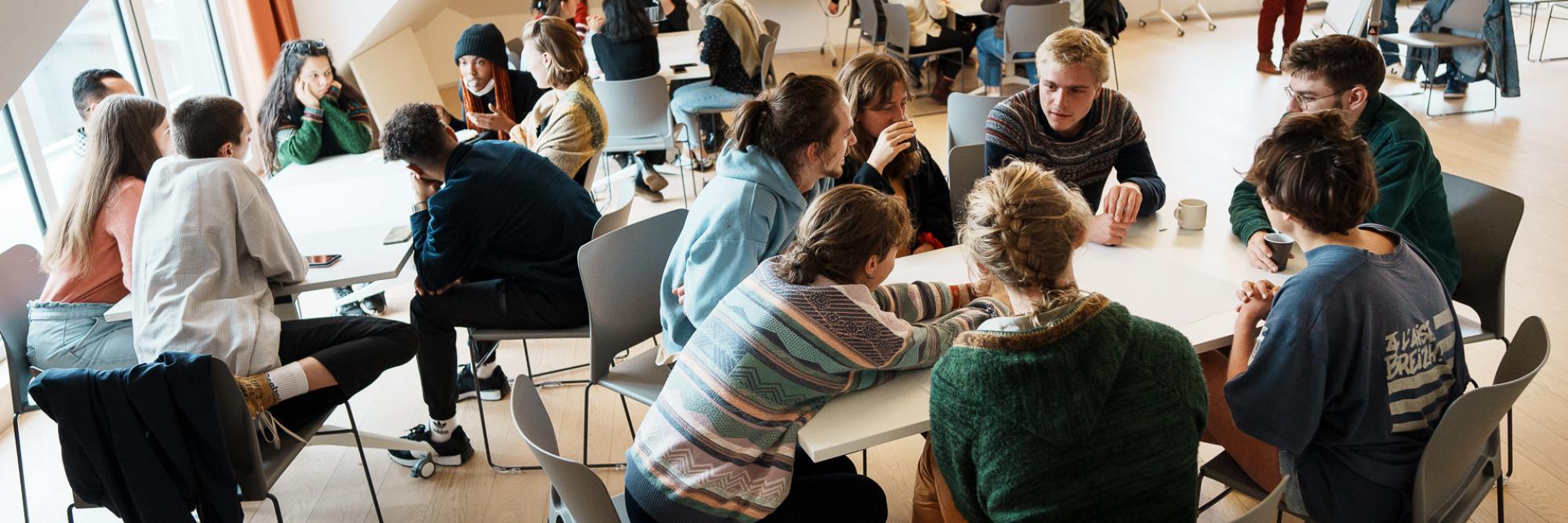
Education à la Citoyenneté Mondiale et solidaire
The aim of the Inter'discourses is to promote encounters and a diversity of perspectives within the academic curriculum. This initiative consists of bringing together a teacher and an external speaker, whether from civil society or from another country, around a common theme.
By creating a dialogue between these different voices, the activity encourages the exchange of ideas and enriches students' thinking, while opening up new horizons on contemporary issues. The Inter'discourses provide an opportunity to cross-fertilise knowledge from a variety of backgrounds, bringing an international and interdisciplinary dimension to academic debate.

ECMS hors cursus
Question yourself about the dynamics of intercultural encounters by taking part in a pre-departure training course before embarking on a trip abroad. This course will prepare you to navigate in diverse cultural contexts and understand the issues surrounding cultural differences, perceptions and interactions between people from different backgrounds. By asking yourself the right questions about your own assumptions, your role and your stance as a visitor to another country, you will be able to develop a critical awareness and intercultural sensitivity.
By engaging in this process of reflection before you leave, you maximise the chances of making your trip a profound learning experience, both personally and in terms of relationships. You'll return with a more nuanced understanding of the social, political and cultural realities of the country you visit, while developing valuable intercultural skills needed in an increasingly globalised world.
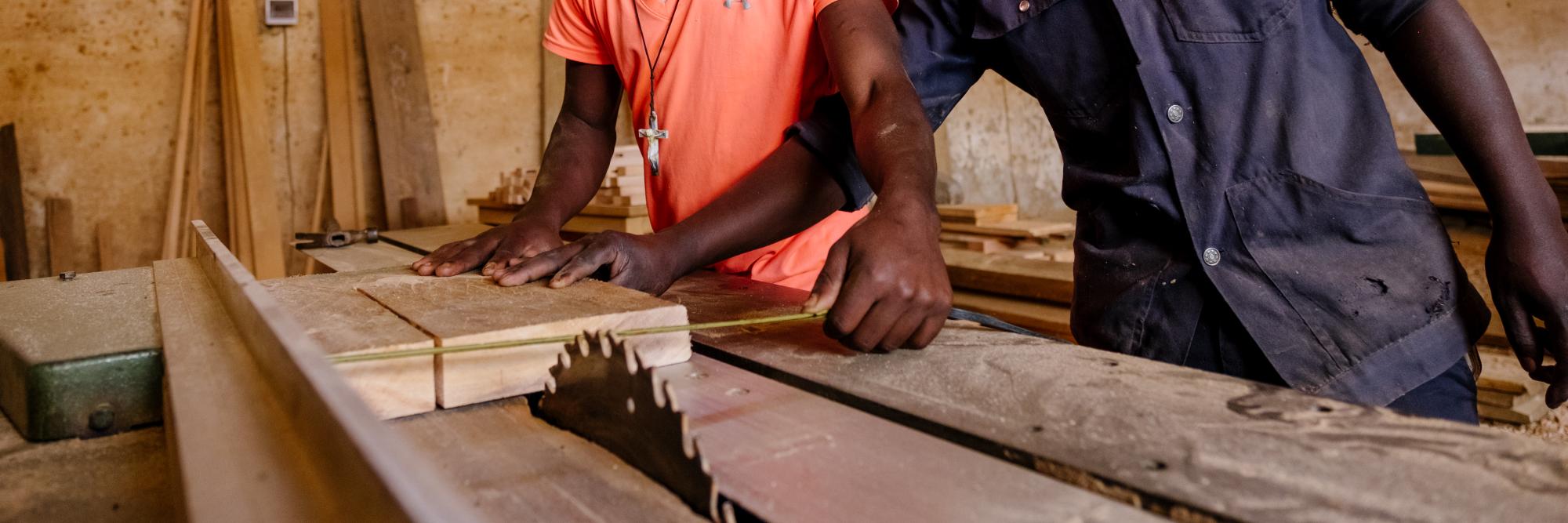
RDC
Our goal: To help improve the well-being of street children in Kinshasa and Bukavu and enable them to become socially and professionally integrated and reunited with their families in the long term.
To achieve this, we work with our local partners to meet the children's basic needs by offering shelter, food and healthcare to those who need it.
We provide them with psychosocial support from a multi-disciplinary team (psychologists, social workers, etc.) who receive regular training to ensure the quality of their work.
We raise community awareness of children's rights and work to reunite these children with their families whenever possible.
At the same time, we support the socio-professional integration of young people living on the streets by guiding them in their choice of profession and offering them vocational training courses, both long and modular. We organise internships, incubations, apprenticeships with craftsmen and accompany these young people in their professional integration (employment or self-employment).
Partners :
- Lisanga Mpo ya Bokolisa Mboka/Ndako Ya Bbiso « NYB »
- Œuvre de Reclassement et de Protection des Enfants de la Rue « ORPER »
- Don Bosco Maison Papy
- Don Bosco Bukavu
Education à la Citoyenneté Mondiale et solidaire
Louvain Coopération organises seminars and conferences in collaboration with professors on themes related to global issues and discrimination, highlighting the interdependence between the countries of the global South and those of the global North. Louvain Coopération is committed to providing stimulating and enriching learning spaces, where students can explore a variety of subjects and deepen their understanding of contemporary issues.
These seminars are designed to be interactive and participatory, encouraging a dynamic dialogue between students and speakers who are experts in their respective fields.Louvain Coopération prides itself on creating an environment conducive to critical thinking and engagement. By taking part in these seminars, students develop not only their theoretical knowledge, but also their skills in analysis, debate and advocacy. As a result, they are better prepared to become agents of change.
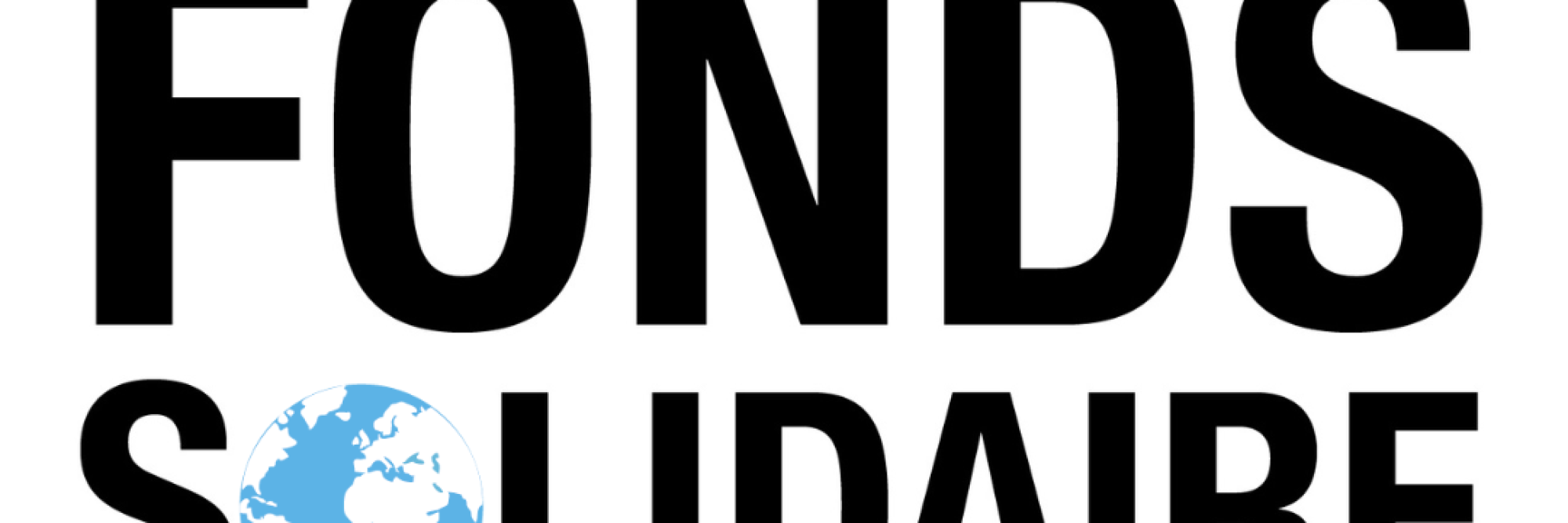
ECMS hors cursus
Solidarity Student is a programme of civic engagement and intercultural encounters designed for students at UCLouvain. Offered as soon as they enrol at the university, the programme aims to encourage students to become actively involved in solidarity initiatives, while strengthening their social awareness and sense of responsibility towards society.
One of the pillars of the programme is the Solidarity Fund, which provides financial support to Solidarity Students each year to help them implement concrete projects. This fund, which is accessible to all participants, is designed to give life to solidarity initiatives, whether in Belgium or in the countries of the Global South. Students can propose and develop a wide range of projects, from organising awareness-raising activities on their campus to international solidarity initiatives.
In addition to financial aid, Solidarity Students benefit from personalised support throughout their project, in the form of advice, training and support from members of Louvain Coopération.

ECMS hors cursus
During the week of deliberations in January, seize a unique opportunity to become a junior entrepreneurship coach by taking part in a boostcamp in Benin. This immersive programme will allow you to plunge into the heart of social and solidarity-based entrepreneurship alongside local entrepreneurs, Belgian and Beninese senior coaches and students. During this boostcamp, you will have the opportunity to work with Beninese entrepreneurs in the development phase of their projects, while contributing your skills and creativity to help their initiatives grow.
This programme will not only enable you to acquire practical entrepreneurial skills, but also to immerse yourself in an enriching intercultural reality. You will work hand-in-hand with Beninese students and entrepreneurs, discovering new perspectives on innovation, resilience and social impact in a fast-growing African context.
The project is organised in collaboration with our partner OVO (Ondernemers Voor Ondernemers), an organisation dedicated to promoting entrepreneurship in developing countries. More information to come on how to register and the practical details of this transformative boostcamp.
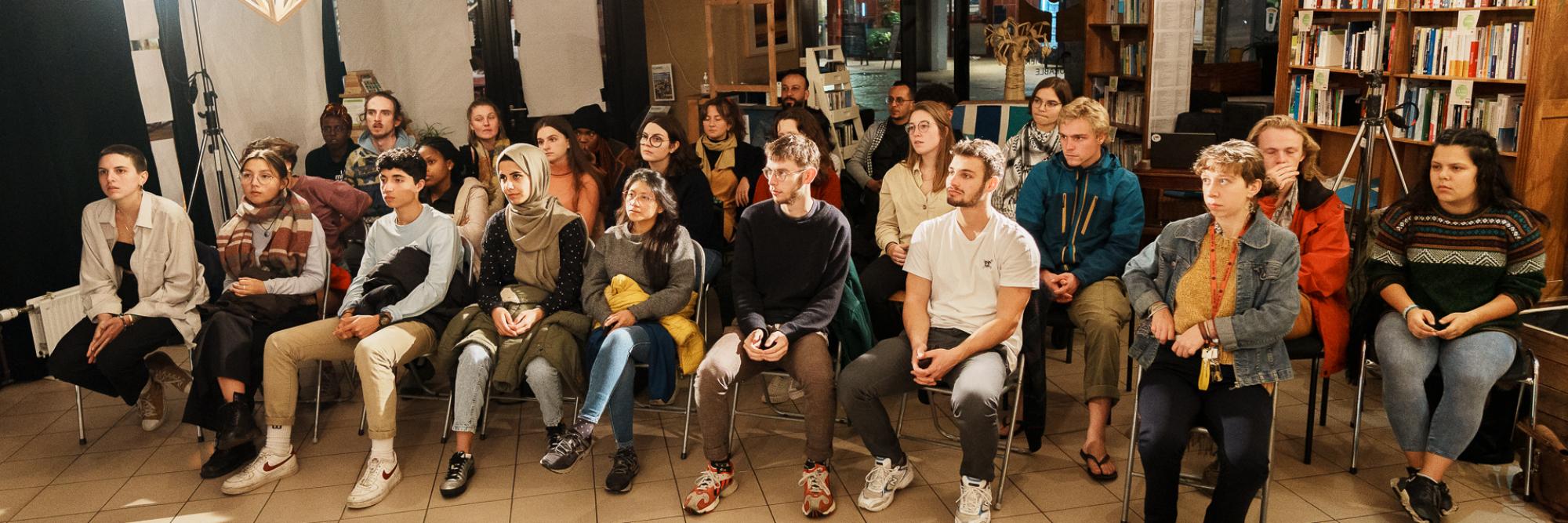
Education à la Citoyenneté Mondiale et solidaire
The Teaching module is a training programme specially designed for students preparing for become teachers in the secondary education. Developed in collaboration with Uni4Coop and the association Annoncer la couleur, the course aims to encourage in-depth reflection on the role and posture of the teacher in the school setting. By focusing on the relations of domination present in educational dynamics, this module invites future teachers to become aware of the inequalities and biases that can influence classroom interactions.
The module addresses central issues such as institutional power, social inequalities, gender stereotypes and discrimination linked to social or ethnic origin. The aim is to encourage students to question their teaching practices and consider how these may contribute, consciously or unconsciously, to the reproduction of relations of domination.
Using tools for critical analysis and discussions with professionals and players in the field, this course helps to develop more inclusive and equitable teaching methods. In this sense, it prepares teachers to practise their profession with an enlightened view of societal issues and to play an active role in promoting fairer, more egalitarian education.
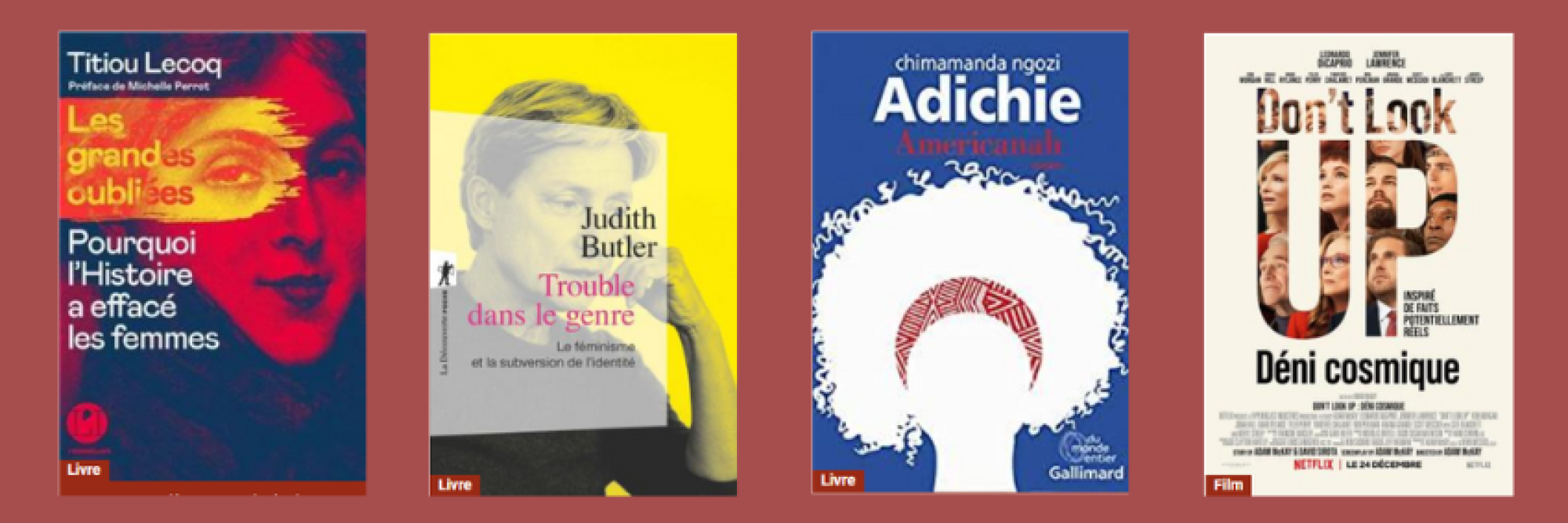
ECMS hors cursus
Ecology, gender, decolonisation, intersections... These crucial issues significantly shape our understanding of the contemporary world and the challenges it presents. The mission of our virtual library is to encourage you to think more deeply about these essential themes, which are at the heart of the social, political and environmental debates of our time.
Designed as a space for discovery and learning, this resource offers you a wide selection of books, articles, podcasts and videos to enrich your understanding of ecological dynamics, gender issues, decolonisation processes and intersectional theories.
As you browse these resources, you'll discover diverse voices from a variety of contexts, providing nuanced perspectives on contemporary issues. Our virtual library is an essential tool for anyone wishing to become actively involved in social and environmental transformation.

